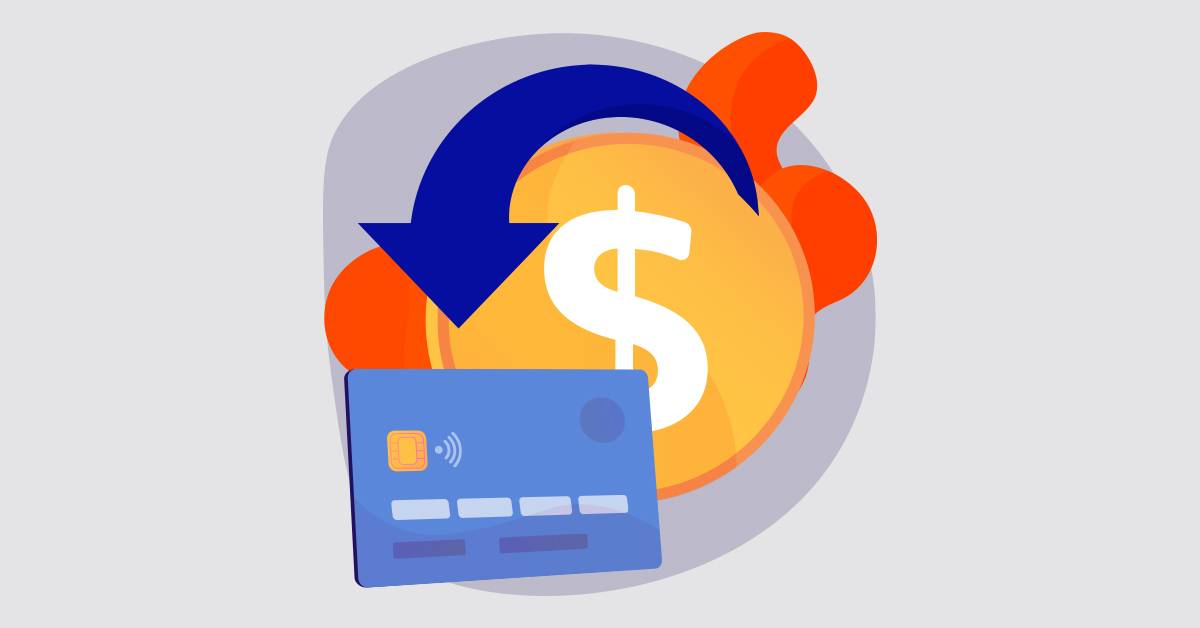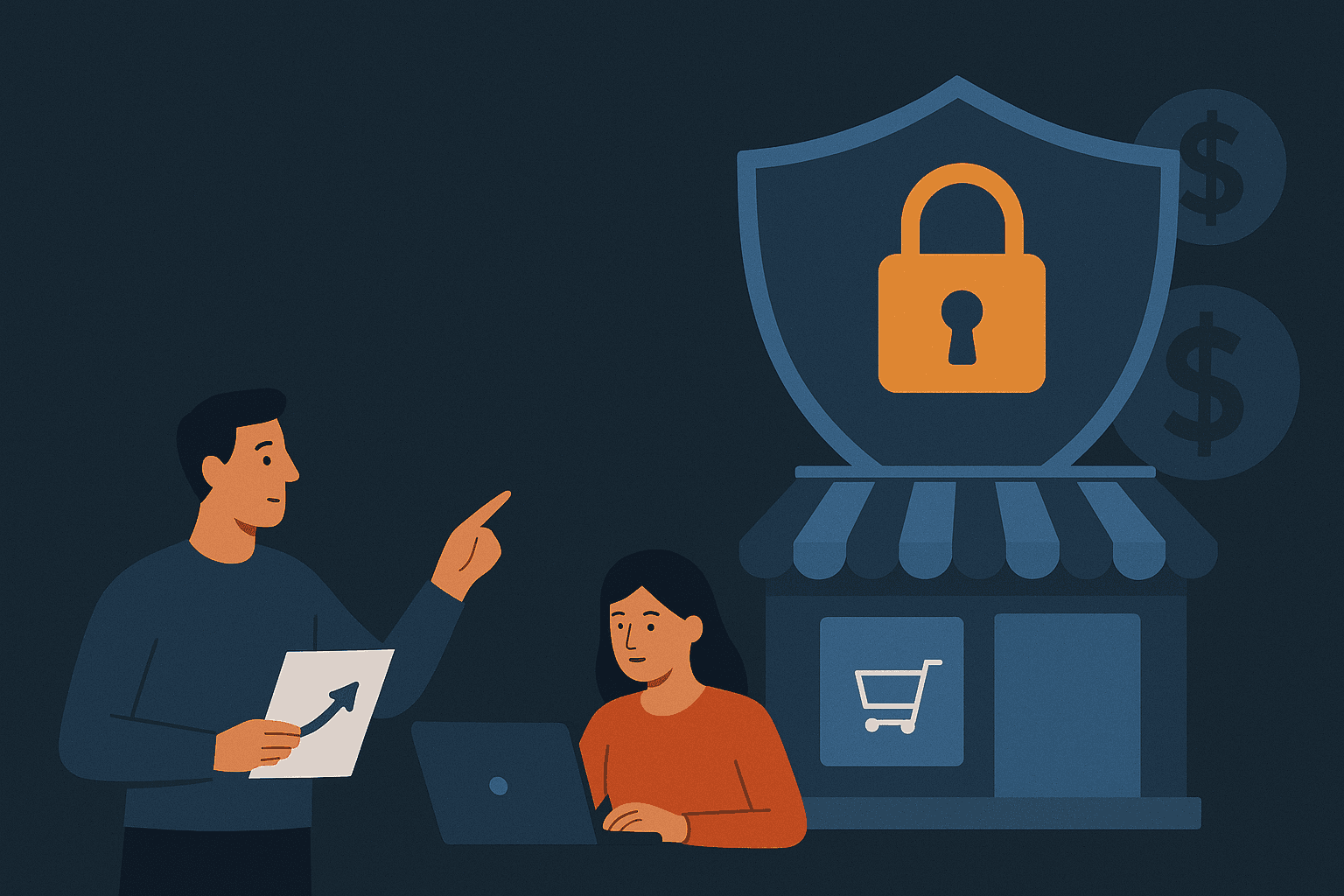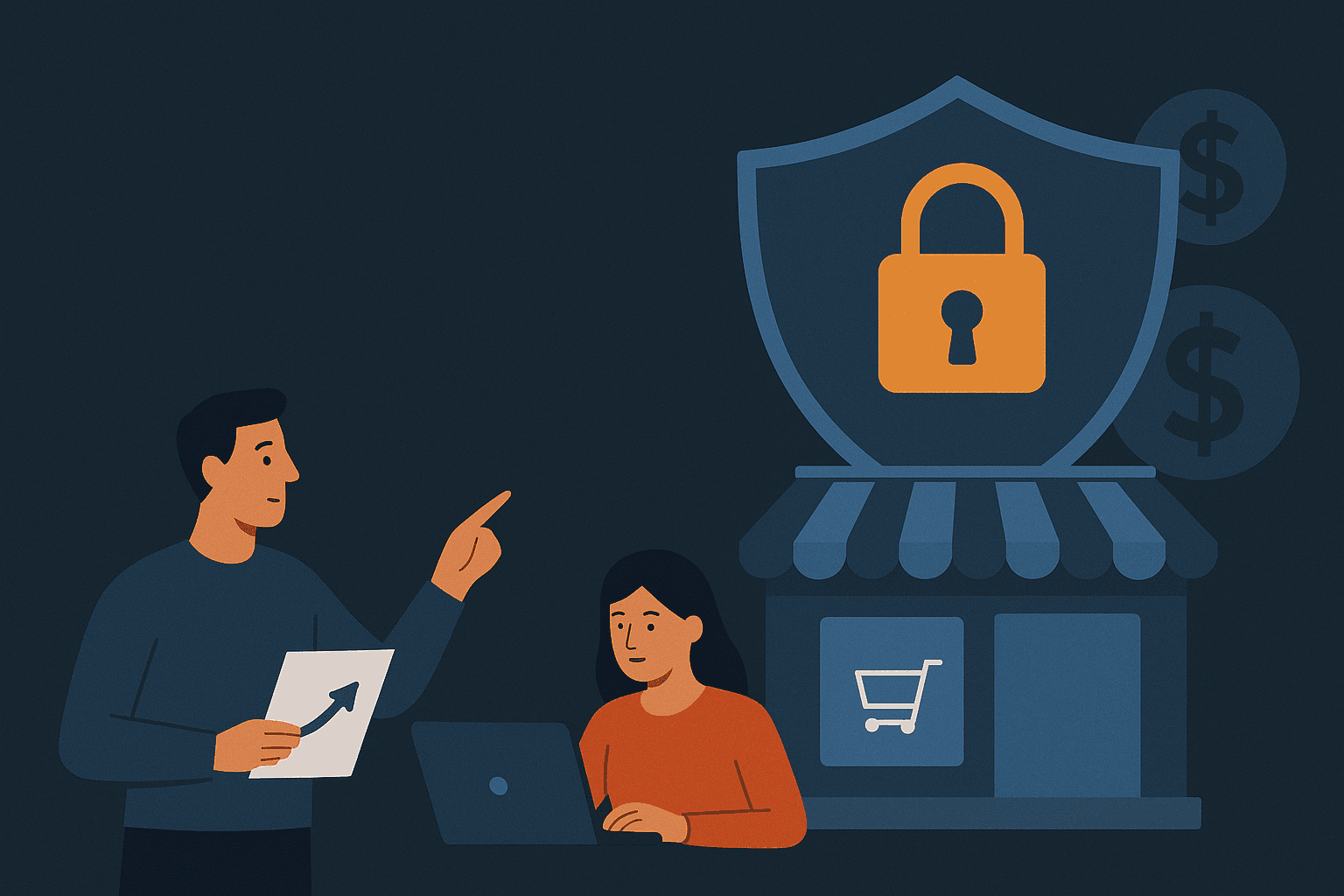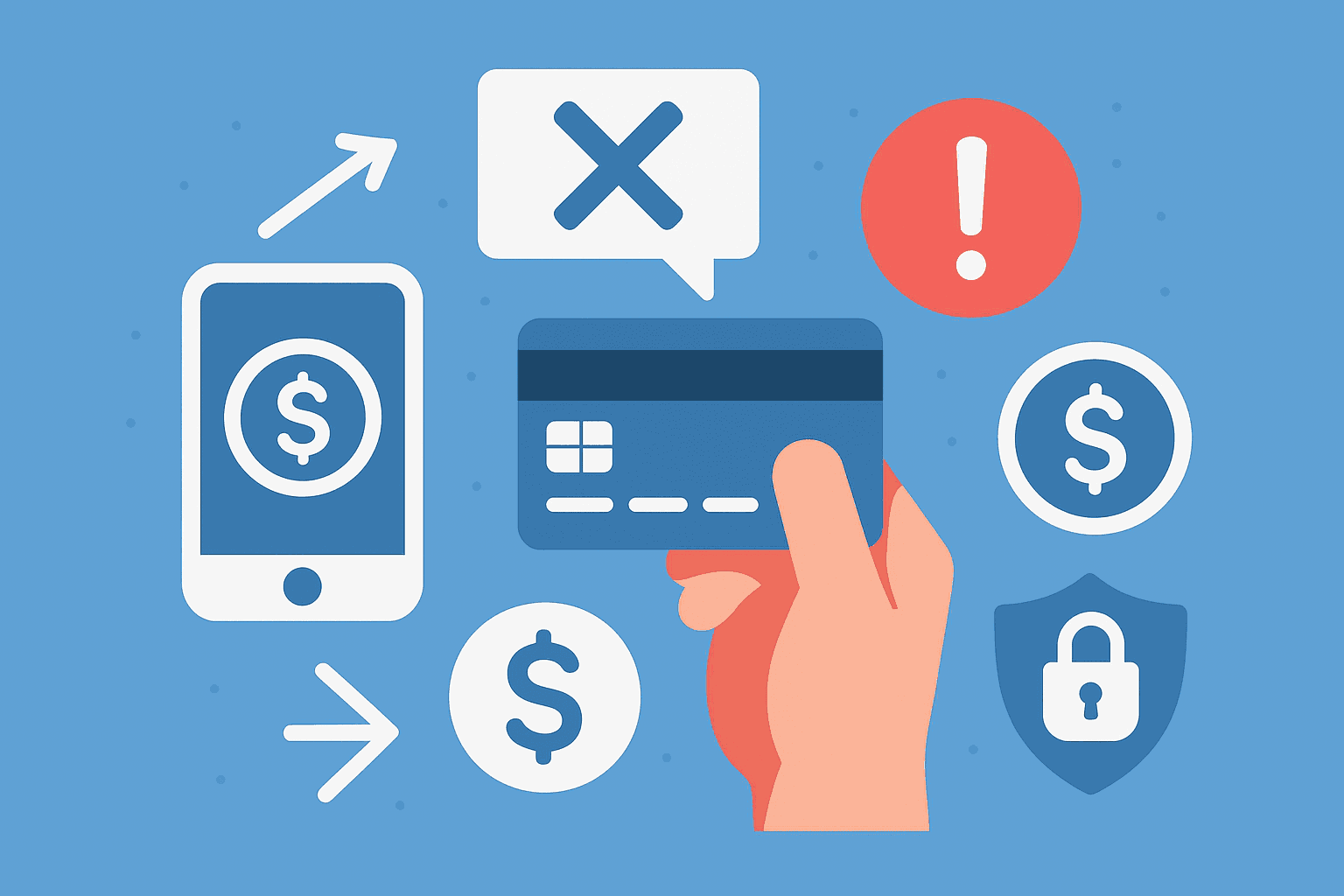The true impact of chargebacks : How they affect business reputation and costs
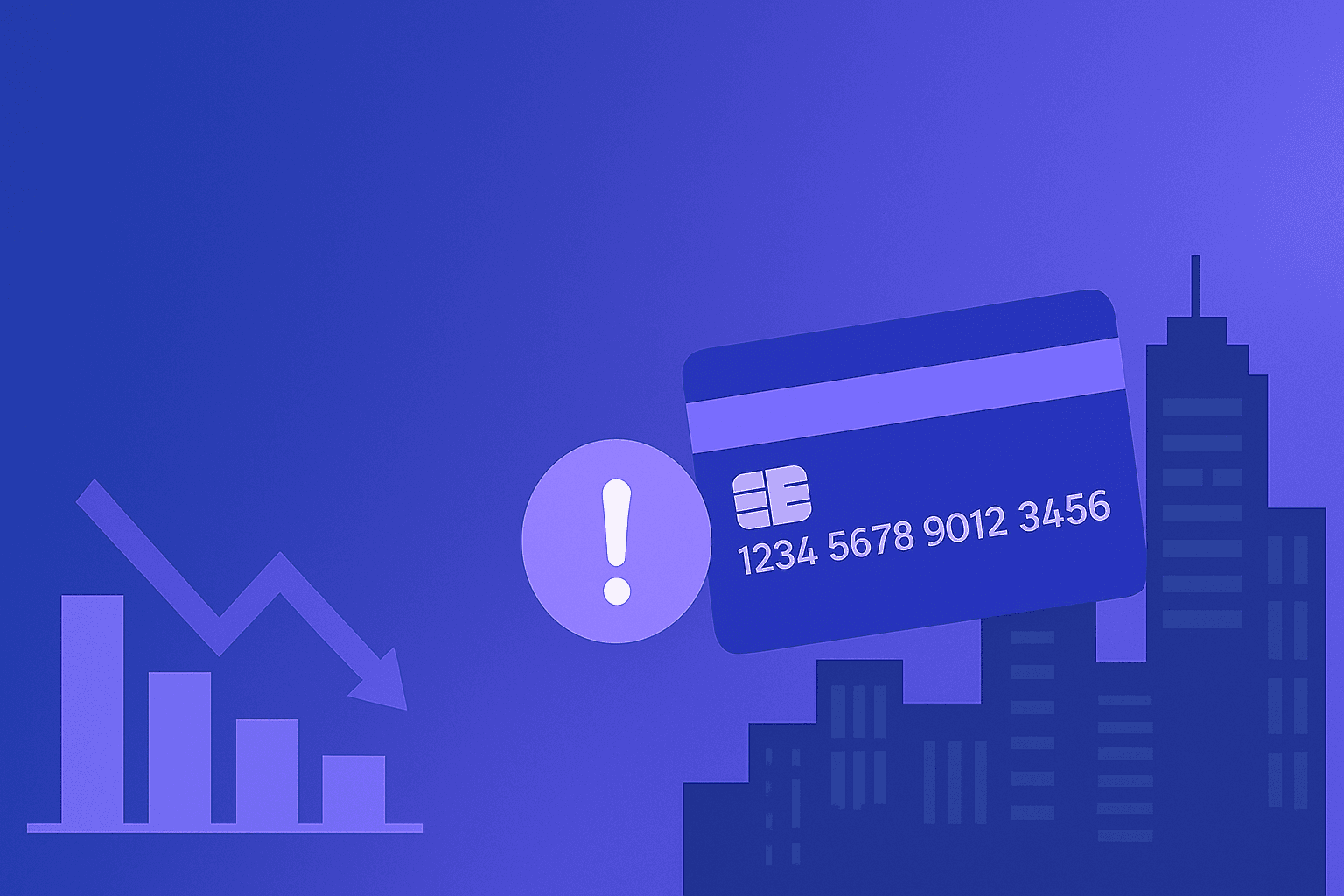
SHARE ARTICLE
Chargebacks do not just represent a financial return—they are, in many cases, an early warning of a deeper problem affecting reputation, customer trust, and business stability.
At first glance, they may seem like a simple refund, but their effects extend far beyond the immediate financial cost. Each chargeback reflects a potential gap in the customer experience, service quality, or internal management, and each unresolved incident can leave a lasting mark on the brand image.Reputational Cost: The Invisible Threat
A company’s reputation is one of its most valuable—and vulnerable—assets. When a business accumulates a high number of chargebacks, public perception can deteriorate quickly.
Consumers tend to associate these incidents with reliability issues, fraud risk, or poor customer service. This, in turn, can trigger negative social media reviews, reduced organic ranking, and lower sales conversion—especially in e-commerce environments, where digital trust is crucial.
In highly competitive markets, reputation is the real differentiator. A business with a history of frequent chargebacks not only loses credibility with consumers but also with partners, banks, and payment processors.Financial Ecosystem Distrust
Banks, PSPs (payment service providers), and card networks like Visa and Mastercard constantly monitor chargeback rates.
When a business exceeds certain thresholds, it may be classified as a “high-risk merchant,” which can lead to higher fees, fund holds, or even contract termination.
Beyond the financial impact, this classification can damage a business’s professional reputation across the financial ecosystem, making collaboration with new providers or accessing favorable processing conditions more difficult.Internal Effects: Reputation Inside the Company
Reputational damage isn’t limited to the outside world. Ineffective chargeback management can erode internal morale and team trust.
Employees constantly facing disputes and claims may feel their efforts do not translate into progress, reducing productivity and diverting resources from innovation or business growth.
Additionally, when chargebacks arise from operational errors—such as logistical failures or deficiencies in customer support—the problem worsens. Reputation deteriorates silently, both in the eyes of customers and within the organization itself.Economic and Strategic Costs
While reputational risk is the most significant, chargebacks also carry direct and operational costs that should not be underestimated:
- Refund of the transaction amount
- Chargeback fees imposed by banks or payment gateways
- Hours spent gathering evidence and responding to disputes
- Potential penalties or closure of acquiring accounts
These visible costs combine with less quantifiable ones—such as loss of trust, decreased conversion, or customer churn—that collectively can far exceed the initial financial impact.Why Many Businesses Fail to See Reputational Risk?
In many companies, chargebacks are treated as purely operational matters. However, they are not just administrative tasks—they are a strategic indicator of business health.
Reputational consequences often spread across multiple departments (customer service, marketing, finance), making it difficult to see the overall impact on the brand and long-term profitability.The Importance of Defending Your Business: Protecting Credibility and Legitimacy
Preventing chargebacks is crucial, but so is knowing how to defend against them professionally and with proper documentation.
A strong response not only helps recover funds but also protects the business’s reputation with banks, processors, and customers.
Each properly managed dispute demonstrates that the business operates transparently, complies with regulations, and maintains control over its operations:
-Protects business reputation: Effective responses show professionalism, transparency, and operational control, reinforcing customer and financial institution trust.
-Prevents unnecessary losses: A well-documented defense can recover revenue that would otherwise be lost.
-Avoids high-risk classification: Maintaining a low rate of successfully defended chargebacks reduces penalties, fund holds, or account closures.
-Strengthens relationships with banks and processors: Financial institutions value merchants who manage disputes rigorously and consistently.
-Drives learning and continuous improvement: Analyzing the root causes of each case allows optimization of processes, customer service, and fraud detection.
Kloutit has developed the ideal tool for this purpose: a comprehensive solution that automates evidence collection, centralizes dispute management, and enables strategic, consistent responses to each chargeback, helping businesses defend their reputation and protect their revenue efficiently and accurately.
SHARE ARTICLE
